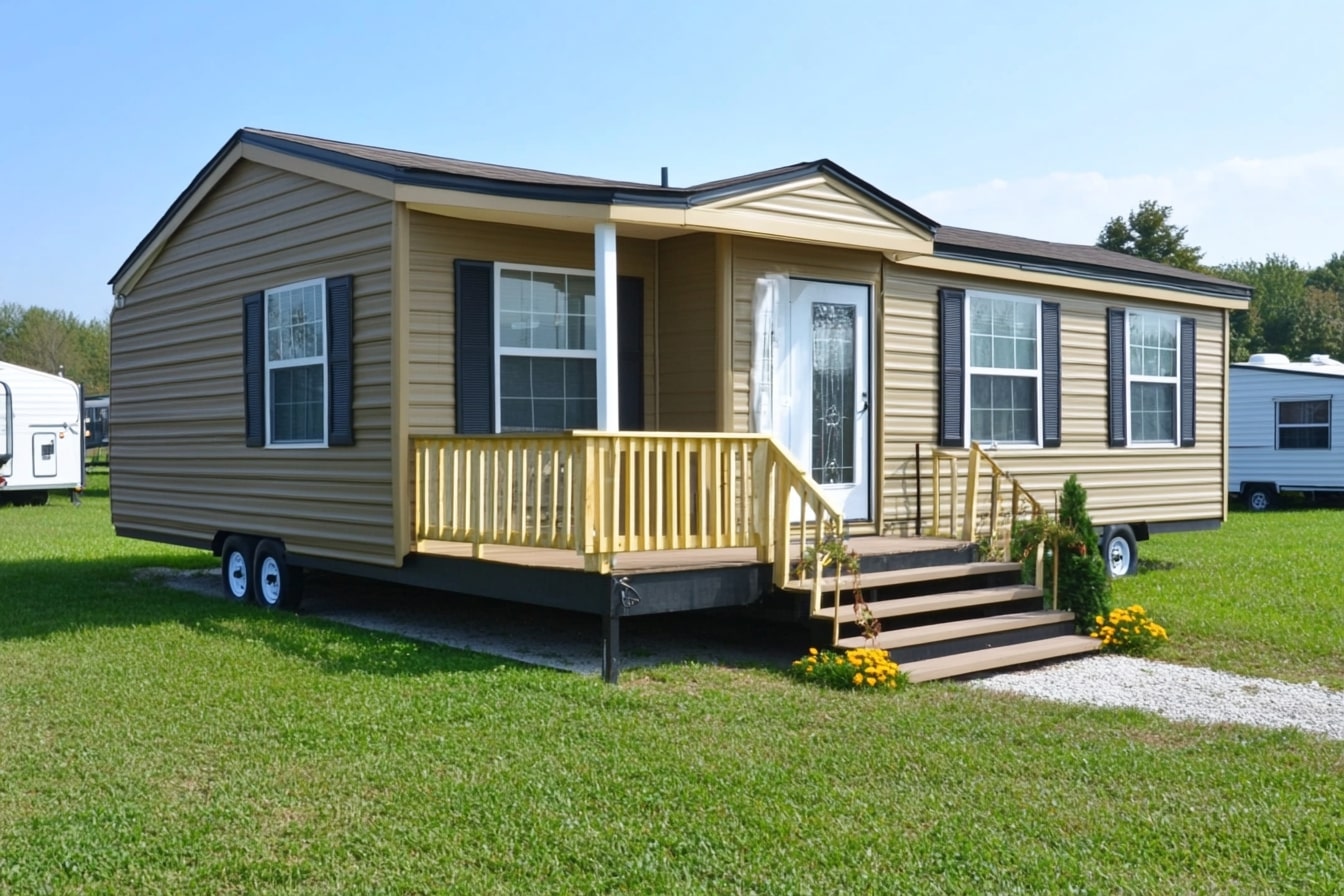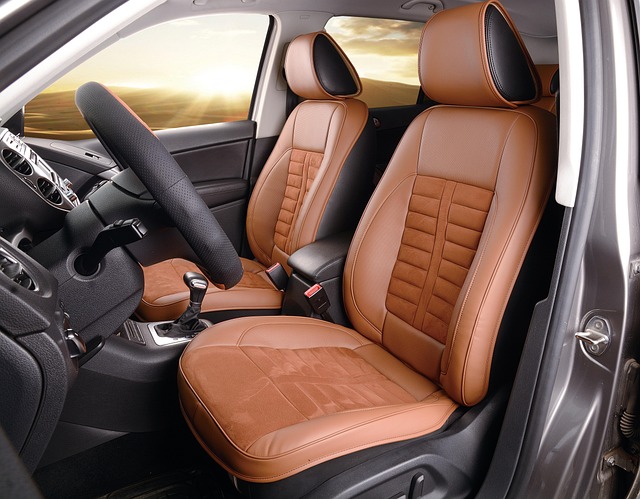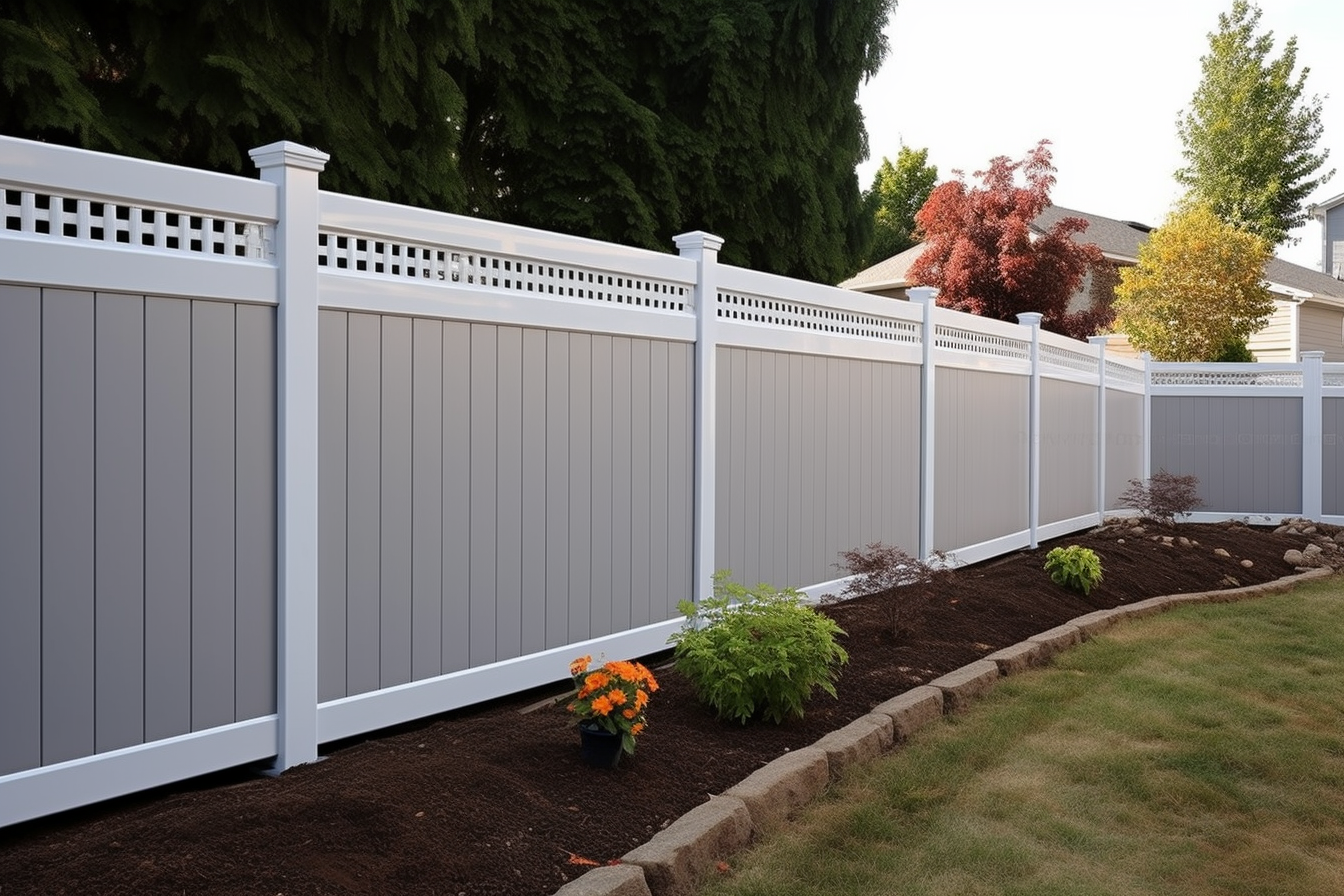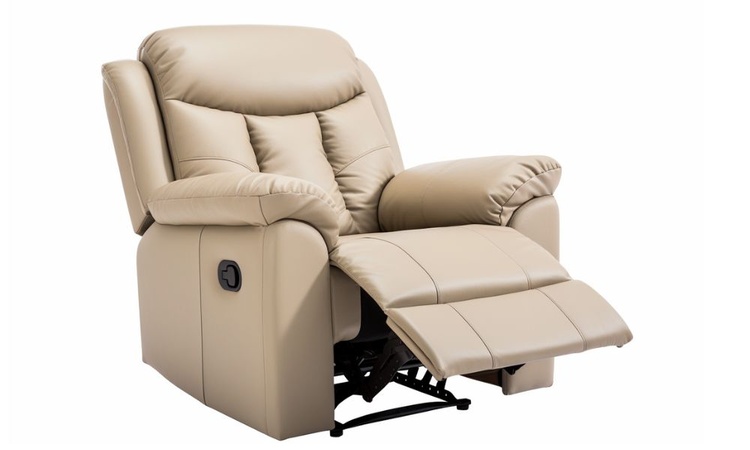Affordable Housing Solutions: Mobile Homes and Trailers
Mobile homes and trailers have become increasingly popular as affordable housing alternatives in recent years. These versatile living spaces offer a unique blend of comfort, flexibility, and cost-effectiveness that appeals to a wide range of individuals and families. From young professionals seeking their first home to retirees looking to downsize, mobile homes and trailers provide an attractive option for those seeking affordable housing solutions.

How do residential parks factor into mobile home living?
Residential parks, also called mobile home communities or manufactured home communities, are specially designed neighborhoods that accommodate mobile homes and trailers. These parks provide a sense of community and often include amenities such as swimming pools, clubhouses, and recreational areas. Living in a residential park can be an attractive option for those seeking a balance between homeownership and community living. Many parks offer long-term leases for the land on which the mobile home sits, allowing residents to own their home while renting the lot.
Why are mobile homes popular for retirement?
Mobile homes have become an increasingly popular choice for retirees looking to downsize and simplify their lives. The affordability of mobile homes allows retirees to stretch their retirement savings further, while still maintaining a comfortable lifestyle. Many retirement-focused mobile home communities offer a range of amenities tailored to older adults, such as organized social activities, fitness centers, and on-site healthcare services. Additionally, the smaller size of mobile homes means less maintenance and upkeep, allowing retirees to spend more time enjoying their golden years.
How do mobile homes contribute to affordable housing?
Mobile homes play a significant role in addressing the affordable housing crisis in many areas. The cost of a mobile home is typically much lower than that of a traditional stick-built house, making homeownership more accessible to low and middle-income families. According to the Manufactured Housing Institute, the average cost per square foot for a new manufactured home is less than half that of a site-built home. This affordability extends beyond the initial purchase price, as mobile homes often have lower property taxes and insurance costs compared to traditional homes.
What are the benefits of downsizing to a mobile home?
Downsizing to a mobile home can offer numerous benefits for individuals and families looking to simplify their lives. The smaller living space encourages a more minimalist lifestyle, reducing clutter and promoting more intentional living. Lower utility costs and reduced maintenance requirements can lead to significant savings in both time and money. For those looking to reduce their environmental footprint, mobile homes often require less energy to heat and cool, contributing to a more sustainable lifestyle. Additionally, the affordability of mobile homes can free up financial resources for other pursuits, such as travel or hobbies.
What are the costs associated with mobile home living?
The costs of mobile home living can vary significantly depending on factors such as location, size, and amenities. However, mobile homes generally offer a more affordable housing option compared to traditional homes.
| Cost Category | Typical Range | Notes |
|---|---|---|
| Purchase Price | $30,000 - $150,000 | Varies by size, features, and location |
| Lot Rent | $200 - $800 per month | Depends on location and amenities |
| Utilities | $100 - $300 per month | Often lower than traditional homes |
| Insurance | $300 - $1,000 per year | Depends on coverage and location |
| Property Taxes | Varies by location | Often lower than traditional homes |
Prices, rates, or cost estimates mentioned in this article are based on the latest available information but may change over time. Independent research is advised before making financial decisions.
While mobile homes and trailers offer an affordable housing solution for many, it’s important to consider both the benefits and potential drawbacks. Factors such as depreciation, financing options, and local zoning regulations can impact the long-term value and feasibility of mobile home ownership. However, for those seeking an affordable, flexible, and community-oriented living option, mobile homes and trailers present a compelling alternative to traditional housing. As the housing market continues to evolve, these versatile dwellings are likely to play an increasingly important role in addressing affordable housing needs across diverse demographics.






